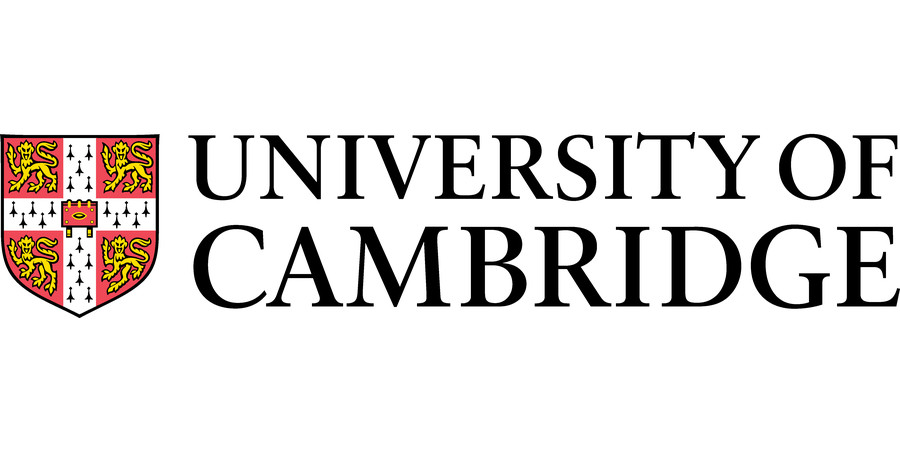Research Assistant in Cell Biology [Hereditary Spastic Paraplegia] (Fixed Term)
University of Cambridge - C.I.M.R. Medical Genetics
| Location: | Cambridge |
|---|---|
| Salary: | £33,002 to £35,608 per annum |
| Hours: | Full Time |
| Contract Type: | Fixed-Term/Contract |
| Placed On: | 26th September 2025 |
|---|---|
| Closes: | 20th October 2025 |
| Job Ref: | SE47411 |
Applications are invited for an enthusiastic and committed graduate research assistant to join a team investigating the cell biology of a group of neurological conditions called hereditary spastic paraplegias. This project is based in the group of Professor Evan Reid at Cambridge Institute for Medical Research and is funded for a minimum of 1 year. It would suit a recent biological sciences graduate who would like to obtain more practical laboratory experience before embarking on a PhD.
The project aims to understand the functions of hereditary spastic paraplegia proteins in the molecular pathogenesis of axonal degeneration. The work will be at the interface between cell biology (especially membrane traffic) and molecular neuroscience, and will focus on functional genomic synthetic lethality and fluorescent activated cells sorting (FACS)-based screens using iPSC-derived neuronal models of HSP. The lab employs an integrated approach that combines state of the art cell biology, biochemistry, proteomics, functional genomics and stem cell-derived neuronal modeling. We aim to produce high quality research that impacts our field and stands the test of time. Cambridge Institute for Medical Research is a centre of excellence that has a strong focus on understanding the molecular mechanisms of disease, with the aim of translating basic discoveries to clinically meaningful therapies. It is known for its positive research culture.
Candidates must have experience in molecular cell biology or molecular neuroscience, and must by the time of appointment have a BSc in the biological, biochemical or biomedical sciences. Previous research experience would be highly desirable, especially if in one of the following areas; stem cell culture and neuronal differentiation, FACS, fixed or live cell immunofluorescence microscopy, lentiviral delivery of RNA or DNA to cultured cells, CRISPR-Cas genome editing. Some knowledge of a programming language such as R or Python would be valuable.
Applicants will work under the practical supervision of a post-doctoral researcher to achieve the aims of this project. They will be expected to work within an interactive group, to have a friendly and collegiate outlook, to have good written and verbal communications skills, to be well-organised and have the ability to work calmly to meet deadlines.
To apply online for this vacancy and to view further information about the role, please click the 'Applly' button above.
Please ensure that you upload a covering letter and CV in the Upload section of the online application. The covering letter should outline how you match the criteria for the post and why you are applying for this role. If you upload any additional documents which have not been requested, we will not be able to consider these as part of your application.
Please include details of your referees, including email address and phone number, one of which must be your most recent line manager.
Closing date: 20th October 2025
Interview date: week commencing 27th October 2025
For information about how your personal data is used as an applicant, please see the section on Applicant Data (https://www.hr.admin.cam.ac.uk/hr-staff/hr-data/applicant-data) on our HR web pages.
Please quote reference SE47411 on your application and in any correspondence about this vacancy.
The University actively supports equality, diversity and inclusion and encourages applications from all sections of society.
The University has a responsibility to ensure that all employees are eligible to live and work in the UK.
Advert information
Type / Role:
Subject Area(s):
Location(s):









